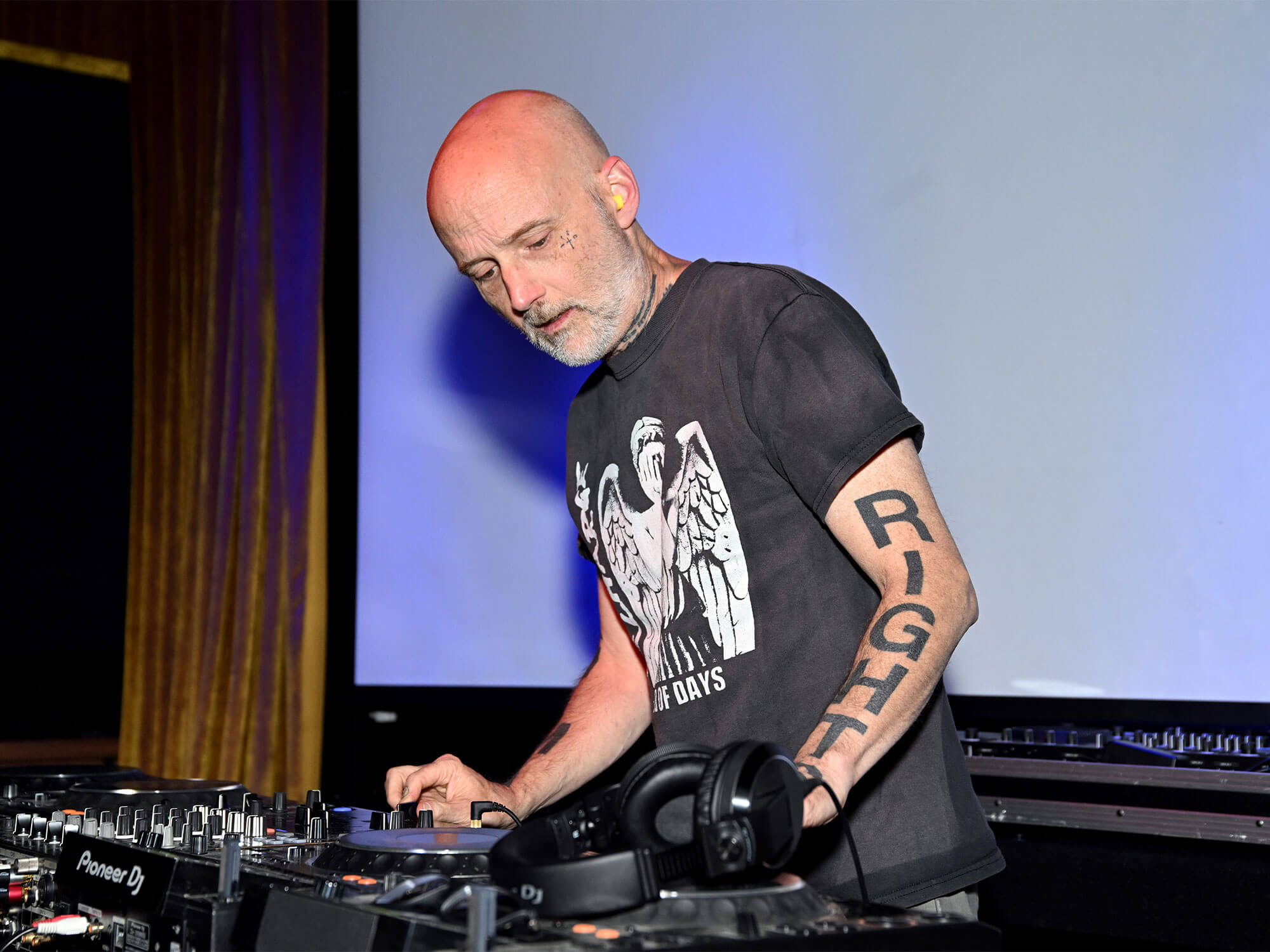“When Play was released, it kind of failed”: Moby recalls the slow commercial start of his landmark 1999 album
Play went on to become the top-selling electronic music album of all time, and remains so to this day.

Credit: Michael Tullberg/Getty Images
With over 12 million copies sold to date, you might be surprised to hear that Moby’s career-defining 1999 album Play took a little while to get off the ground.
As he recalls in a new interview with Billboard, the album – which celebrates its 25th anniversary this year – “didn’t sell very well” at first, and “didn’t get great reviews for the most part”.
That said, Play was later licensed for commercials and other projects, ultimately lighting the fuse of its success.
When the interviewer asks whether licensing was a key strategy in the album’s promotion, Moby replies: “I am kind of pleased you think there was a strategy…
“When Play was released, it kind of failed. It didn’t sell very well. It didn’t get great reviews for the most part. The tour was tiny. The first show I played was in the basement of a Virgin Megastore in Union Square and around 20 people showed up, and it was free.”
He continues: “The only interest we received was from people who wanted to licence the music for advertisements, TV and movies. We kind of just said ‘Yes’ to almost everything, because it was the only sort of interest we were getting.”
Yet, Play was born as a sort of sleeper hit. Despite only selling 6,000 copies in the week after its release, the album ultimately went on to become not only Moby’s best-selling album, but the best-selling electronic music album of all time.
But that didn’t spare Moby from the misery of what he perceived to be a failed record in the few months following its release.
“Almost a year after it came out in 2000 I was opening up for Bush on an MTV Campus Invasion Tour,” Moby told Rolling Stone in 2009. “It was degrading for the most part. Their audience had less than no interest in me.”
But then in February 2000, his manager called him to inform him that Play was Number One in the UK.
“The week Play was released, it sold, worldwide, around 6,000 copies,” he continued. “Eleven months after Play was released, it was selling 150,000 copies a week.
“I was on tour constantly, drunk pretty much the entire time and it was just a blur. And then all of a sudden movie stars started coming to my concerts and I started getting invited to fancy parties and suddenly the journalists who wouldn’t return my publicist’s calls were talking about doing cover stories. It was a really odd phenomenon.